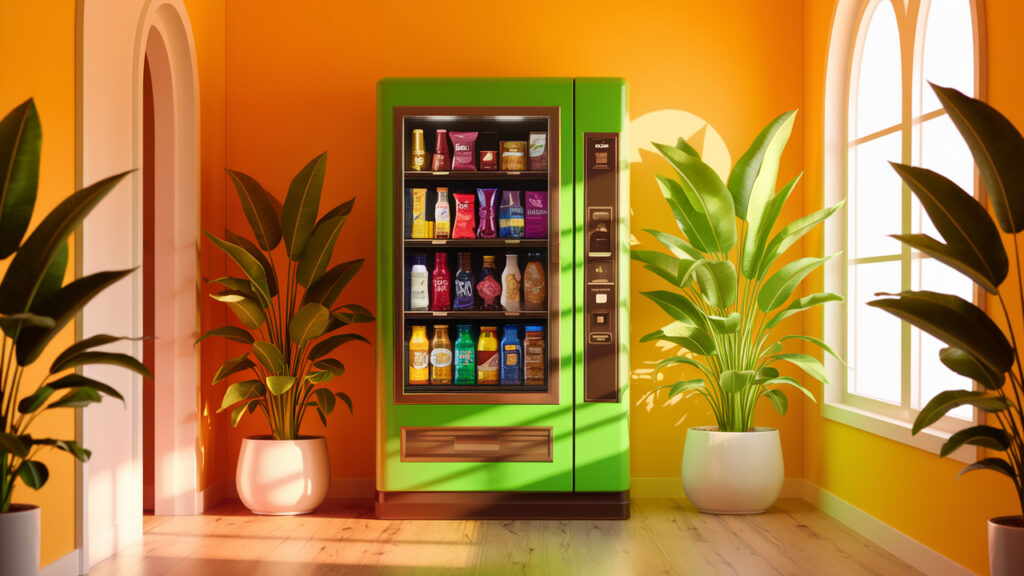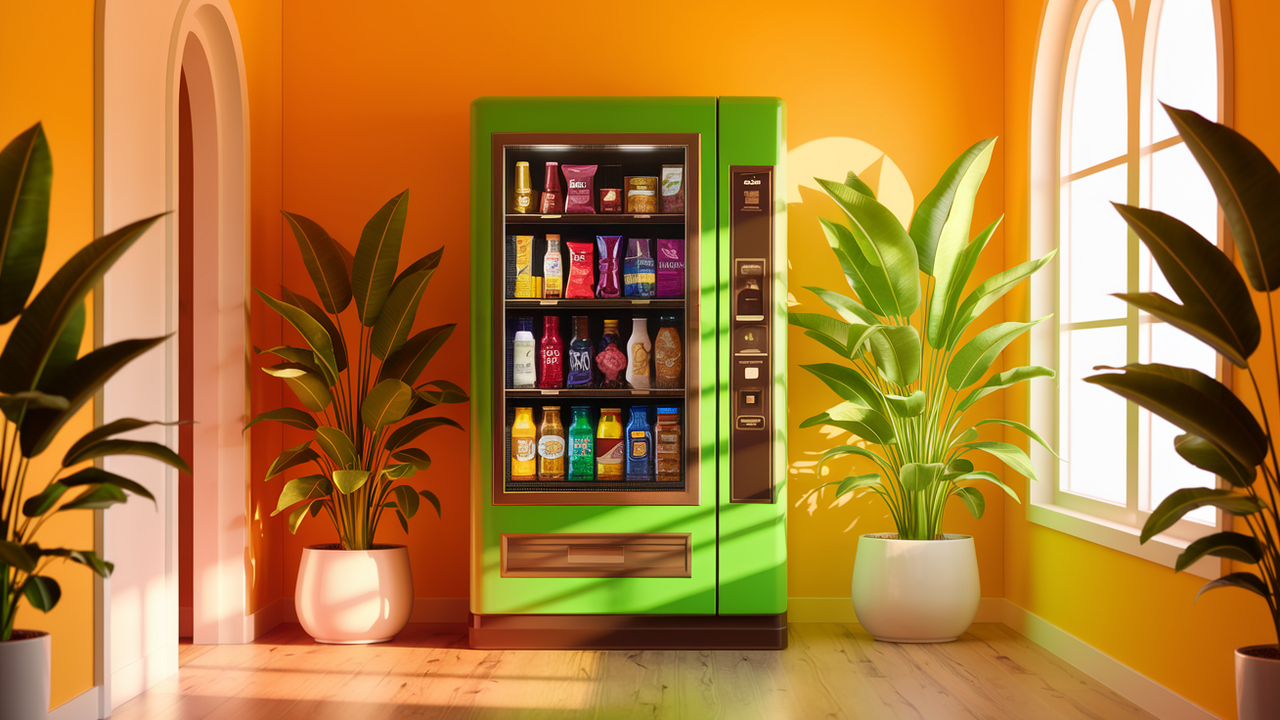Best Vending Machines for Community Centers and Churches
Vending machines offer a self-service solution that caters to diverse groups—whether it’s youth groups, seniors, or event attendees. They can serve as a fundraising tool, a source of healthy snacks, or a means to provide essential items. Notably, some organizations have reported earning up to $500 monthly per machine, with minimal maintenance required

Table of Contents
Top Vending Machine Options for Community Centers and Churches
1. Snack and Beverage Combo Machines
These machines are versatile, offering both snacks and drinks in one unit. They’re perfect for spaces with limited room but a need for variety. Many models come equipped with cashless payment options, catering to modern preferences.
2. Healthy Vending Machines
Promoting wellness is crucial in community settings. Healthy vending machines stock items like granola bars, dried fruits, and low-sugar beverages. In fact, Chicago’s initiative to replace unhealthy snacks with healthier options in park vending machines led to increased sales and positive community response .
3. Charity-Focused “Giving Machines”
These innovative machines allow users to donate items like meals, clothing, or school supplies to those in need. The Church of Jesus Christ of Latter-day Saints has successfully implemented such machines, directing 100% of donations to local and global charities .
Key Features to Consider
- Cashless Payment Systems: Ensure the machine accepts credit/debit cards and mobile payments for user convenience.
- Energy Efficiency: Opt for machines with Energy Star ratings to reduce electricity costs
- Customizable Inventory: Choose machines that allow you to tailor the product selection to your community’s preferences.
- ADA Compliance: Ensure the machine is accessible to all users, including those with disabilities.
Real-World Success Stories
Many organizations have seen tangible benefits from installing vending machines. For instance, Rose Hill Church in Baton Rouge reported that their vending machine paid for itself in just nine months, subsequently serving as a profitable income stream for their youth department
Final Thoughts
Selecting the right vending machine for your community center or church involves considering your audience’s needs, space constraints, and desired outcomes—be it convenience, health promotion, or fundraising. By focusing on these factors and choosing a reputable supplier, you can enhance your facility’s offerings and potentially generate additional income.
From what I’ve seen, community centers with high daily foot traffic can earn consistent monthly income even with just one well-placed machine. Positioning it near the entrance or in hallways where classes, events, or youth groups meet is a smart move to increase visibility and sales.
One of the biggest perks is the low maintenance involved. I usually check on the machine once a week to refill and clean it. This setup works great for small churches or nonprofit spaces where time and staff are limited.
Something else I’ve learned is how important product selection is. You want to tailor what’s inside the machine to who’s using it. For example, if your church has a lot of children’s programs, add juice boxes, fruit snacks, or healthier chips that parents will approve of.
You can also get creative with seasonal inventory. During summer Bible camps or sports leagues, I stock electrolyte drinks and protein bars. In the colder months, I add hot drinks or hand warmers. It keeps people engaged and coming back.
Another tip I swear by is using machines with adjustable shelves. This lets you fit a mix of tall water bottles, wide chip bags, or even small hygiene items if your center helps the homeless or underserved populations.
I’ve worked with a few centers that wanted vending machines to serve more than just snacks. Some use them to distribute low-cost essentials like toothbrushes, feminine products, or even school supplies. It turns your machine into more than just a profit tool—it becomes part of your mission.
Make sure you monitor your sales data. Most modern machines come with built-in tracking software. I use it to see which items sell best, which days are busiest, and when to restock. That helps me avoid waste and keep inventory fresh.
If you’re running events or Sunday services, having a machine helps reduce the need for volunteers at concession stands. Parents and attendees can help themselves without interrupting the flow of the event or sermon.
Don’t underestimate the value of branding. Some churches I’ve helped actually customize the exterior of their vending machine with their logo or inspirational messages. It makes it feel like part of the community and not just a commercial item sitting in the corner.
Noise is something many overlook. If your machine makes loud dispensing noises, it could be disruptive during quiet times or prayer sessions. That’s why I always recommend looking at the reviews and choosing machines noted for being quiet and smooth in operation.
One model I installed in a small chapel even included LED interior lighting that gave a soft glow in the evening—perfect for night events and small gatherings. It looked clean and professional without feeling out of place.
Lastly, make sure you’re compliant with local safety and electrical codes. I’ve had to replace machines because older units didn’t meet updated standards. Always double-check the power requirements and placement guidelines before you buy.
I’ve also seen churches use vending machines as a way to engage teens and young adults. Stocking items like energy drinks, protein snacks, or even small tech accessories (like charging cables or earbuds) can turn a regular machine into a youth magnet. It’s a great strategy if you’re trying to keep younger generations involved and around longer.
If your church or center has a café or fellowship area, placing a vending machine nearby is incredibly effective. People often linger after services or meetings, and having quick access to snacks or drinks creates a welcoming atmosphere without needing extra volunteers to serve food.
Some of the more advanced machines allow you to schedule pricing changes. For example, you can set lower prices during service times or special events to encourage usage. I’ve personally tried this and saw an uptick in engagement just by offering small discounts when it mattered most.

